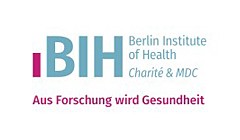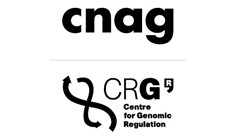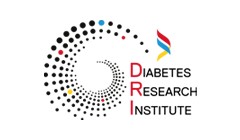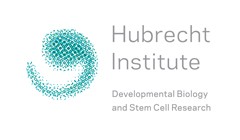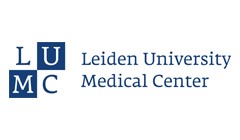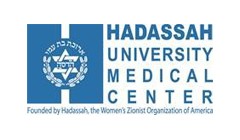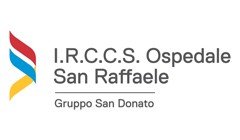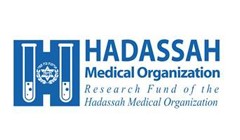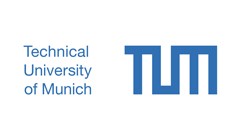Research activities
The human pancreas is a physiologically unique organ involved in the secretion of several hormones, such as insulin, thus regulating blood sugar levels, as well as the secretion of enzymes for the digestive system. Several human diseases are associated with the pancreas, such as pancreatic adenocarcinoma, one of the most aggressive cancers in humans, and Diabetes mellitus. ESPACE integrated molecular profiles, including transcriptome and epigenomics data from more than 1 million single cells jointly together with tissue proteomics allowing to address fundamental questions of cell state and phenotype in healthy adults and during fetal development. The goal was to provide a first version of an open single cell repository of the pancreas, which is now available on the ESPACE cloud. Exploring the benefit of the HCA of the pancreas for tackling pancreatic diseases, ESPACE reached out into type 2 diabetes. Besides creating a unique and first of its kind comprehensive atlas of the human pancreas the methods and standards developed by ESPACE will be of high relevance for the other HCA projects working with other organs.
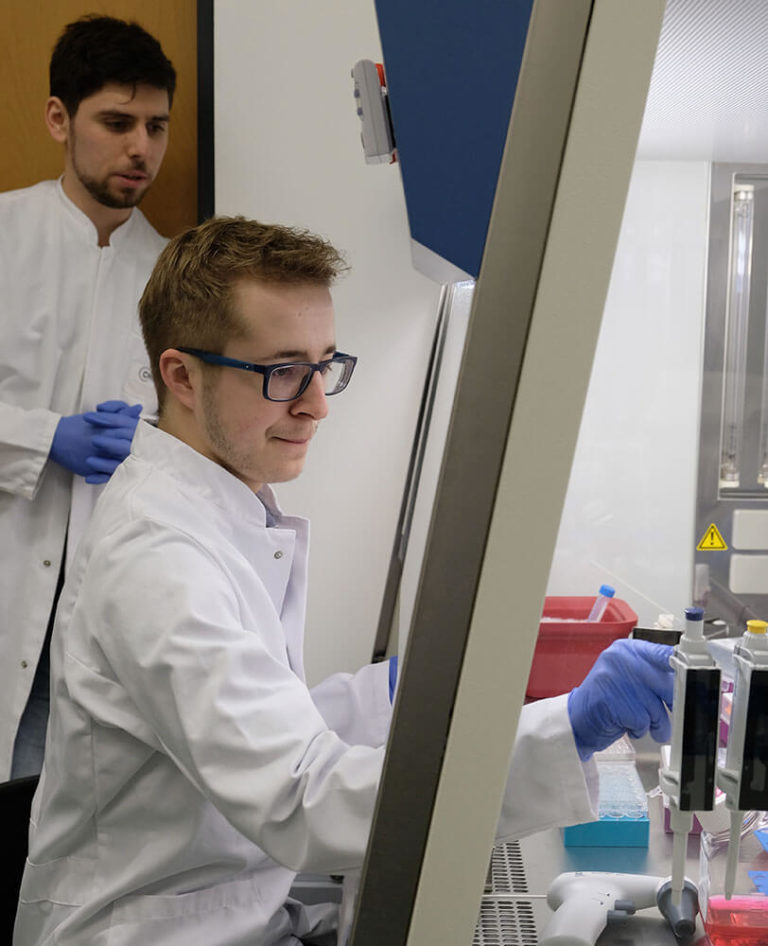
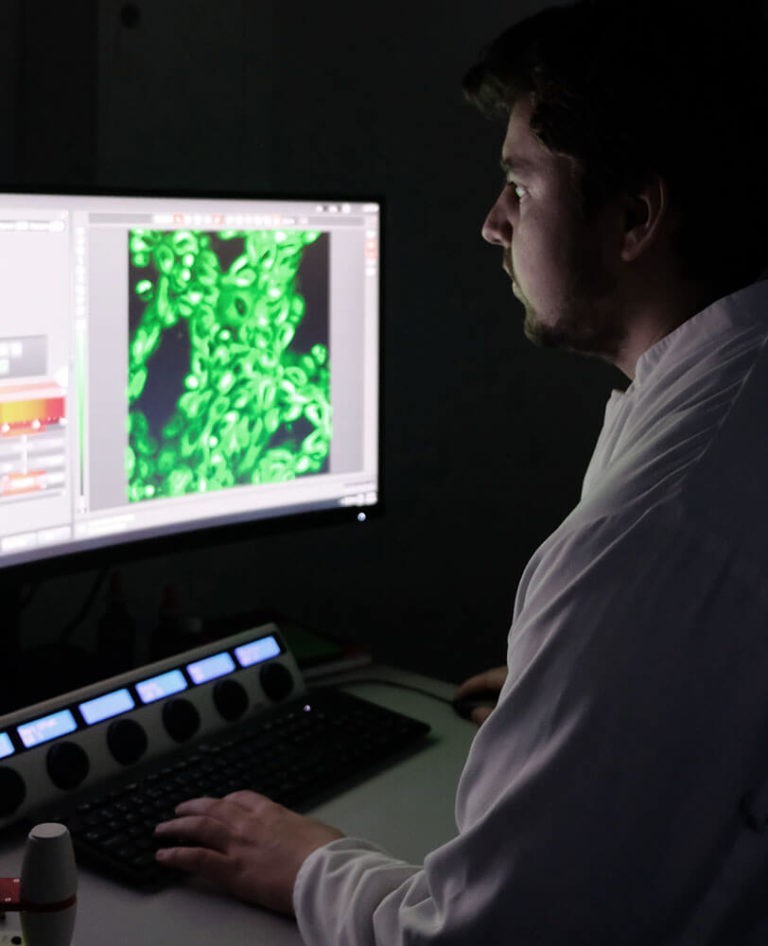
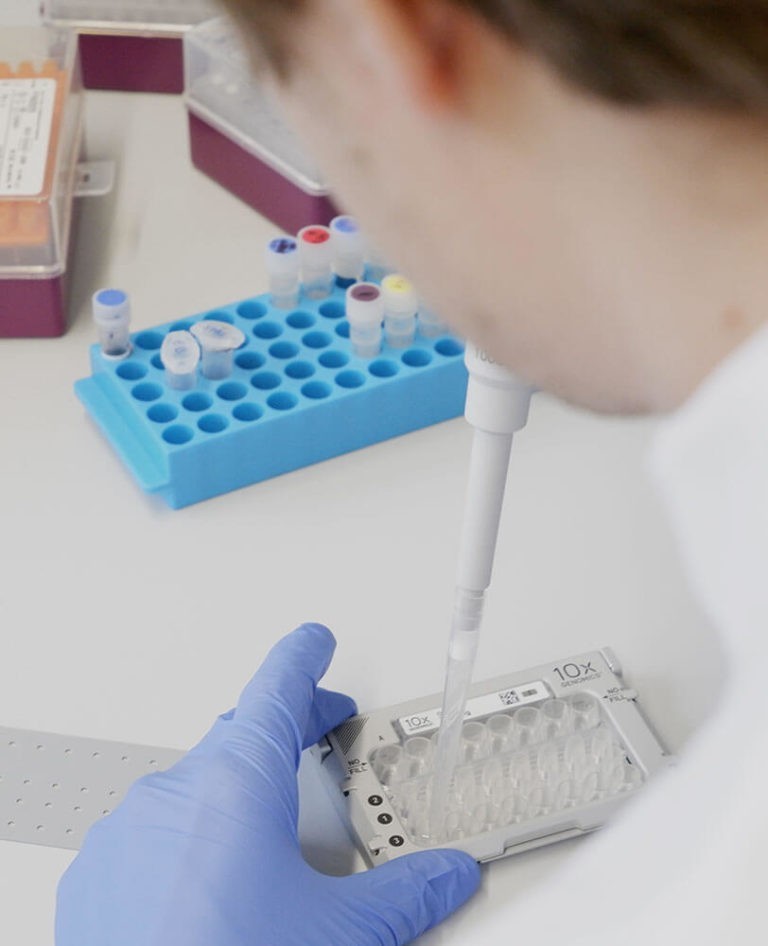
Core activities overview
WP1 Tissue groups and sample procurement
Lead: Leiden University Medical Center (LUMC)
The aim of WP1 is to procure pancreatic tissue from adults without history of diabetes mellitus (adult and adultD groups), from adults with T2D (T2D group) and from foetal pancreatic tissue samples (foetal group).
WP2 Single cell molecular profiling of the healthy human pancreas
Lead: Centre for Genomic Regulation (CRG)
The aim of WP2 is the assembly of a reproducible, integrative and predictive molecular profile of cells in the human pancreas using state-of-the-art single cell technologies and novel innovative profiling strategies. We will chart the full cellular complexity of the healthy adult and foetal pancreas using single cell transcriptomic and epigenomic profiling approaches.
WP3 Single cell molecular profiling of islets from T2D patients
Lead: Research Fund of the Hadassah Medical Organization (R.A) (RFHMO)
The aim of WP3 is to identify transcriptional and epigenomic changes present in islet cells of T2D patients.
WP4 Spatial analysis of cells and cell identity genes
Lead: Kungliga Tekniska Hoegskolan (KTH)
The aim of WP4 is the analysis of pancreas specific cell types (i.e. exocrine and endocrine) within the human pancreas and cell identity candidate gene expression, as identified in WP2 and WP3. Specific genes that are unique (or very common) in certain cell types within the pancreatic tissue will be studied in their localisation within this organ. Thereby, we will be able to validate new cell types specific to the pancreas. Furthermore, we will investigate regional heterogeneity of cell subpopulations within the pancreas.
WP5 Data management – DCP Pancreas
Lead: Charité – Universitaetsmedizin Berlin (Charité)
The aim of WP5 is to deliver the computational analytics and infrastructure to ingest, analyse and integrate the data being generated in this project. In addition, WP5 will ensure sufficient data storage and allows for data sharing with the scientific community. The analytical framework that we seek to establish is versatile and flexible, in order to cope with a broad range of assay types and different experimental designs. The development will build on the established expertise of the partners in ESPACE who have developed widely used computational methods in the area of single cell genomics, RNA Seq analysis, (spatial) single cell imaging, human genetics and epigenome data analysis as well as biomarker development. Methods and pipelines will be open source and will be made available via standardised workflow systems.
WP6 Project management & Dissemination
Lead: Charité – Universitaetsmedizin Berlin (Charité)
Closely supported by the management partner LINQ, the coordinator will provide all necessary support to enable a smooth and efficient project workflow. This WP also includes a set of activities to ensure a professional and wide dissemination of project results as well as close collaboration with the other projects funded under the same call.

